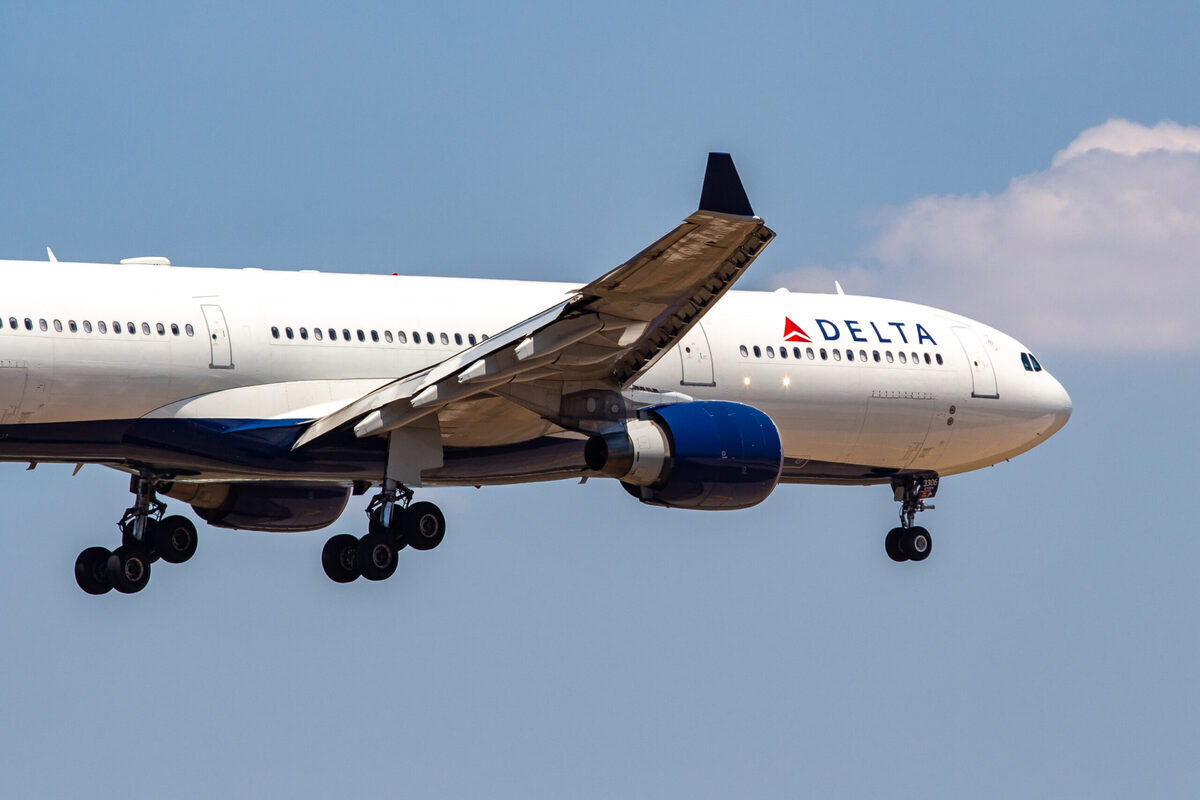Delta and WestJet have abandoned plans for a joint venture, claiming that U.S authorities had made “unreasonable and unacceptable” demands. The U.S Transportation Department demanded a series of changes as part of its tentative antitrust immunity which were considered untenable by both airlines.

Both carriers have dropped the joint venture
Plans for an alliance between Delta and WestJet are off after both airlines rejected changes demanded by the U.S Transportation Department. These changes included the removal of Swoop, a low-cost affiliate of WestJet, and the divestiture of landing and takeoff slots at New York LaGuardia Airport.
This comes just a month after the U.S Transportation Department tentatively approved a joint venture between the two carriers. In a filing, both airlines cited “arbitrary and capricious” demands, particularly the slot divestitures, which would put them at a major disadvantage. They also allege unfair treatment compared to the department’s approach towards the United Airlines-Air Canada route alliance, claiming,
“This unexplained and unjustifiable disparate treatment is arbitrary, capricious, and an abuse of the Department’s discretion,”
Many of the demands were dismissed as onerous
The two airlines took issue with several of the demands from the U.S Transportation Department, even going so far as to brand them as “onerous”. Along with requests to exclude low-cost carrier Swoop from the alliance, authorities demanded that WestJet interline with other U.S carriers as part of the agreement.

Much of the furor revolved around the demands to divest slots at LaGuardia Airport. The airlines claimed that the “most onerous” of the changes was the forced divestiture of valuable slots at the airport. WestJet had to give up all 16 of its landing and takeoff slots, or Delta would need to divest eight of its own. The carriers claimed,
“…the proposed divestitures would either result in reduced capacity on the New York-Toronto route where WestJet currently deploys those slots, or else harm the public interest by forcing Delta to reduce or eliminate service Delta currently offers from LGA to small and medium-sized US communities.”
What now for Delta and WestJet
Plans for a joint venture have been pending with U.S authorities for two years. Across the border, the Canadian Competition Bureau issued an unconditional ‘no action’ approval letter in June 2019. Despite the latest setback, Delta and WestJet have claimed they will “in the meantime explore deepening the alliance.”

The alliance between the two carriers would have enabled them to better compete with Air Canada on U.S-Canada transborder flights. Presently, Air Canada dominates the market with a 45% share – the venture would have given Delta-WestJet a 27% share. The transborder market has blossomed over the last five years, seeing a 15% increase to reach 39 million passengers annually.

Under the joint venture, both airlines were set to expand codesharing, coordinate flights, and integrate frequent flyer programs. The airlines claimed the alliance would amount to over $240 million in annual consumer benefits.
[ad_2]
Source link


